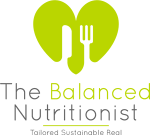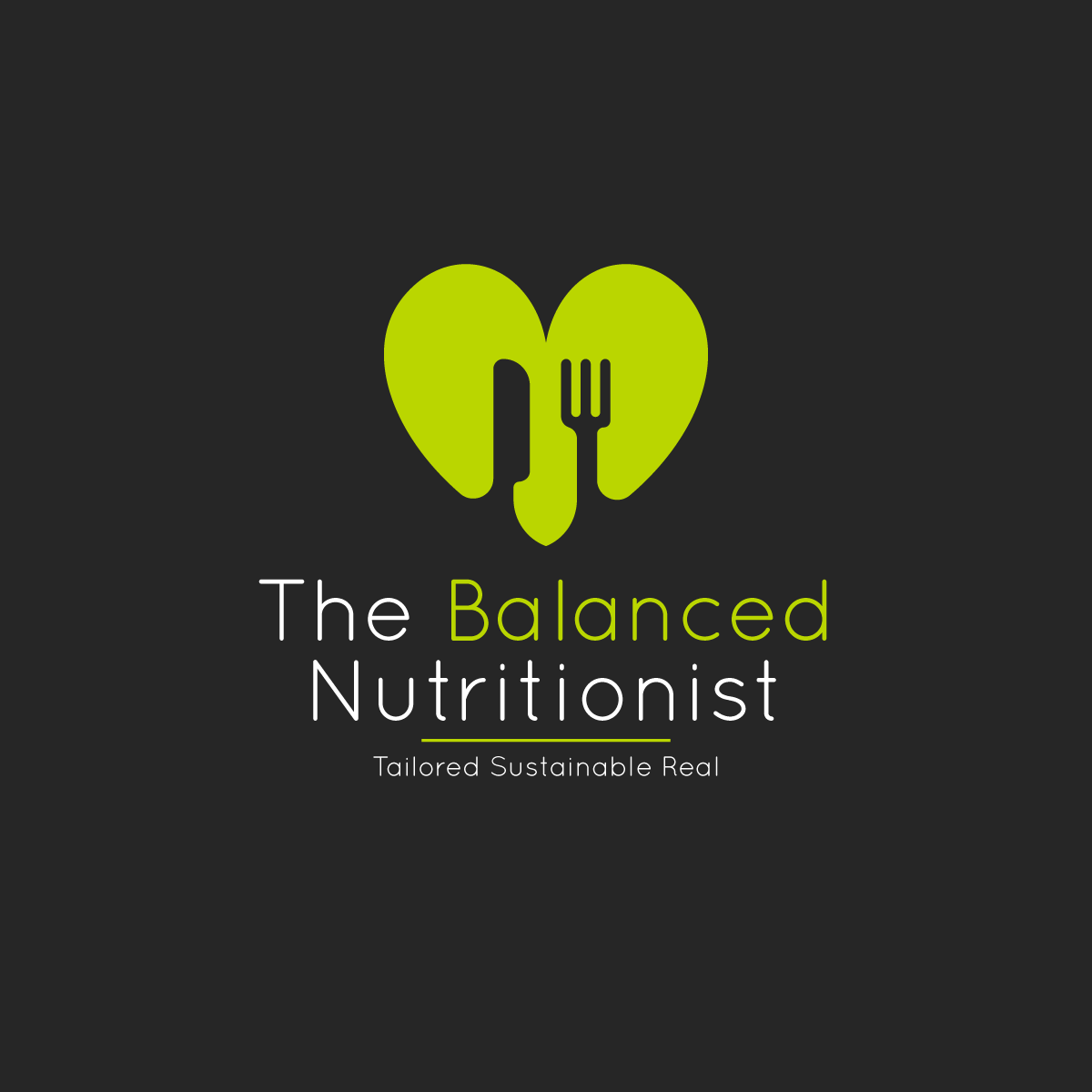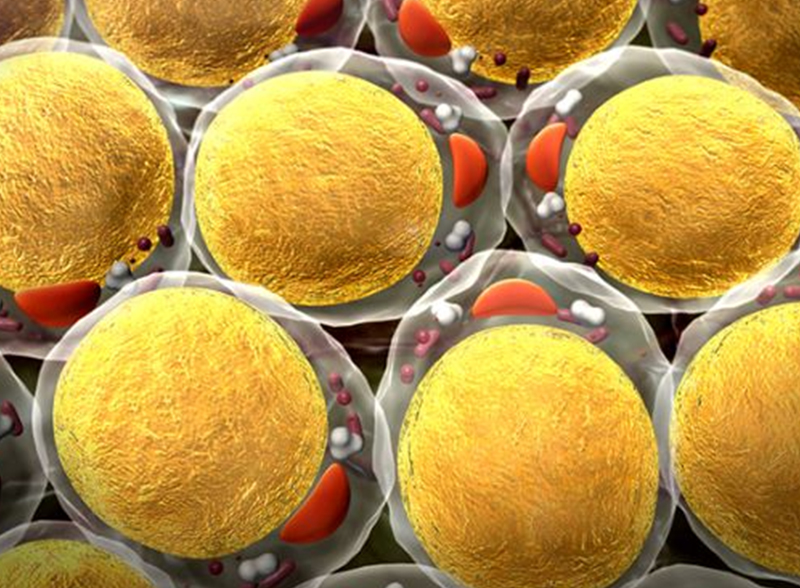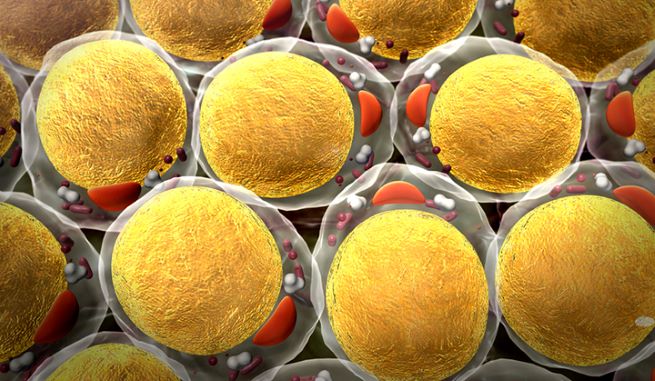Here at The Balanced Nutritionist, we see a variety of clients with many different health conditions. These range from conditions characterized by pain and inflammation, digestive disorders, mental health conditions, fatigue, and of course, reaching a healthy weight. Whilst many of our clients will come in and see us with a multitude of symptoms that they would like to see improve, the one that most place the most weight on (pardon the pun)… is their actual WEIGHT. In fact, even when there is a multitude of other symptoms that are having a very negative effect on quality of life… it still comes back to that one number on the scales….
Our Goal
Nicole and I, as the nutritionists here at The Balanced Nutritionist have spoken about the issue of ‘weight’ and what we, as a society, think it means, at length. Working in weight loss is hard…. Its like walking on a tightrope. We want to make it clear that our goal at The Balanced Nutritionist is to help people be as healthy and as happy as they can possibly be by choosing great, healthy whole foods that are good for their body most of the time. However, because some of what we do comes down to weight AND because it’s a big issue to many of our clients, we want to make it clear that:
- We do not want to create or contribute to any fear that may surround food.
- We do not want people to think that perfection, when it comes to food is the only path moving forward because this is certainly not what we advocate
- And we certainly don’t want people to have an unhealthy relationship with their bodies.
For us, the weight conversation can be a tricky one. What we really want to help people with is ‘reaching a healthy weight range’, and this is a term that we often use during clinical consultations. We are NOT about having that thigh gap… or that six pack. In fact, its common for us to ask clients to remove influences that promote this thinking from their lives… as it can be unhelpful. We are however aware that weight and health are intricately linked. You can not ignore one and acknowledge the other.
Sometimes clients sit across from us and tell us that they need to lose weight or that they feel uncomfortable with their bodies. From a professional perspective, we know that in all honesty, their weight isn’t a problem at all. They may already be at a healthy weight range.. But fixated on becoming a particular shape or size, that perhaps they just aren’t meant to be. Sometimes, we focus on a magic number that perhaps just isn’t right for our own bodies. Some of us will naturally be leaner than others and that is ok. Sometimes, reaching the ‘magic number’ might actually cause ill health. Sometimes, it would require such rigid and unreasonable eating / exercise habits that it would be extremely detrimental. So for us, we always come back to the ‘healthy weight range’ and focus our support on helping our clients reach and accept this. It is the place where health will be good… both physical and mental!
What IS a ‘healthy weight range’
- It is NOT about being a size eight, with 20% body fat, or having visible abs, a thigh gap or fitting into a little black dress.
- It IS a place where you minimize your risk factors for certain metabolic conditions.
- It IS where can move freely without pain and exercise without struggling
- It IS a place where you feel comfortable in your own skin
- It IS a place that you can maintain by choosing good, healthy wholefoods, eaten consciously with the occasional treat without guilt.
Our preferred tool to assist clients to achieve a healthy weight is the Metabolic Balance® program.
We really need to change the conversation and make sure that we are striving for a healthy weight range as opposed to the so-called “perfect body” that is sometimes portrayed as ideal. Let me tell you that the so-called “perfect body” that is portrayed at times is FAR from perfect. There is, as we talk about without clients such a thing as being too lean.
If you reduce your body fat too much:
- You will compromise your hormonal health
- You may compromise your aspects like your fertility
- You may even compromise your muscle mass and your bone density particularly later in life.
- And it’s likely mentally, that you won’t be in a good place.
It is so important to us that our clients have a balanced relationship with food. That eating healthy doesn’t become stressful or mean there is no room for variation or occasional indulgences.
When the motivation or the mechanism to become healthy becomes too stressful, then the benefits are outweighed by the additional stress that this causes.
Sometimes people come into our clinic, thinking that we will help them attain the perfect body. Or build the ideal booty. This is NOT what we are about. Having developed quite a reputation as a ‘weight loss clinic’ (even though we have never labelled ourselves as this) we walk a delicate line…. We believe that health is absolutely linked to a healthy weight… but that the concept of a healthy weight needs to be redefined.
Thanks for reading. It’s difficult to express our thoughts clearly on this topic, but we feel it’s critical we communicate our stance on this issue. And its critical everyone knows…. you are so much more than a number of a scale!



 Firstly. Let’s just say that writing a blog that is so blatantly about ‘weight loss’ isn’t really our cup of tea. We prefer to focus on ‘health’ because weight release will naturally follow ‘health’ but this precise question is quite literally coming at us from many new clients of late.
Firstly. Let’s just say that writing a blog that is so blatantly about ‘weight loss’ isn’t really our cup of tea. We prefer to focus on ‘health’ because weight release will naturally follow ‘health’ but this precise question is quite literally coming at us from many new clients of late. what it needs from the morning onwards… and watch as things fall into place over time?
what it needs from the morning onwards… and watch as things fall into place over time?





 Blubber, a spare tyre, love handles, chub… we give it funny names and we don’t like too much of it hanging around but, beyond that, most people don’t know a lot about fat cells.
Blubber, a spare tyre, love handles, chub… we give it funny names and we don’t like too much of it hanging around but, beyond that, most people don’t know a lot about fat cells.



